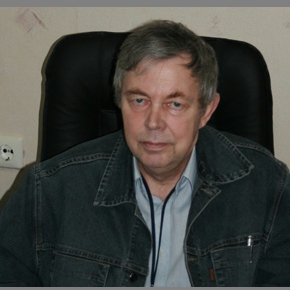 |
||
|
U.S. administration optimistic about nuclear test ban treaty ratification RIA Novosti, PUBLISHED May 11, 2011 The Senate debates on the U.S.-Russian New START treaty paved the way for the future ratification of the Comprehensive Test Ban Treaty (CTBT), a key official in the Obama administration's missile defense policy said. "I know that the conventional wisdom is that the ratification of New START has delayed or pushed aside consideration of the CTBT. I take the opposite view. The New START debate, in many ways, opened the door for the CTBT," Undersecretary of State for Arms Control Ellen Tauscher said in a speech at the Arms Control Association's conference. She said the discussions on the New START have led to better knowledge of the U.S. nuclear stockpile and the relationship between nuclear weapons and national security. "When the Senate voted for the Treaty, it inherently affirmed that our stockpile is safe, secure, and effective, and can be kept so without nuclear testing," Tauscher said. Adopted by the U.N. General Assembly in 1996, the CTBT is yet to come into force. It has been ratified by 153 countries, but major nuclear powers, such as the United States, China and India, failed to ratify. The U.S. Senate rejected the treaty in 1999. The U.S. official said ratifying the treaty now would be in the interests of the U.S, giving it "a greater ability to catch those who cheat." "The United States no longer needs to conduct nuclear explosive tests," she said. "A CTBT that has entered into force will obligate other states not to test and provide a disincentive for states to conduct such tests." She did not elaborate on when the Senate will begin ratification debates. Tauscher also said talks with Russia on strategic arms reduction and European missile defense system will contribute to strengthening ties between the two states, helping to move from relations "based on Mutually Assured Destruction to one on Mutually Assured Stability." "We want Russia inside the missile defense tent so that it understands that missile defense is not about undermining Russia's deterrent," she said. Russia and NATO agreed to cooperate on the so-called European missile defense system at the Lisbon summit in November 2010. NATO insists there should be two independent systems that exchange information, while Russia favors a joint system with full-scale interoperability. Other news: Russia ready to finance Egypt first nuclear plant Russia confirmed its participation in a tender to build Egypt's first nuclear power plant and said it was willing to help finance the project. ARMZ acquires Australian uranium producer in $1.2 bln deal ARMZ will pay eight Australian dollars per share, which represents a 15.5 percent premium on the average market price for 20 trading days. Russia to start building Turkish NPP in 2013 Russia will start building Turkey's first NPP estimated at $20 billion in 2013, Russian ambassador to Ankara Vladimir Ivanovsky said. |
Hero of the day 
Alexander Chistozvonov: end of the Romantic period Today, the army of managers is earnestly believing that one can take the man responsible for the licensing of alcoholic beverages, and put it on licensing, and even to supervise the nuclear reactor. INTERVIEW
Christophe Behar OPINION
Vladimir Rychin |

